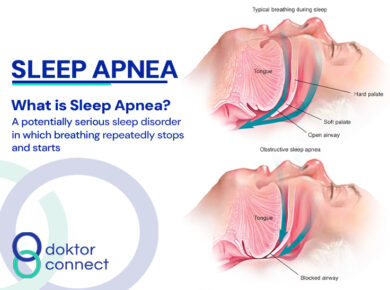Vaginismus refers to painful vaginal penetration. It is the body’s automatic reaction to the fear of some or all types of vaginal penetration. The vaginal muscles tighten up on their own when penetration is attempted and one has no control over it.
How common is Vaginismus?
The true figure is often underreported which makes it hard to estimate. Vaginismus for many women can be a difficult and private issue to talk about. However, the prevalence of vaginismus in the general population is around 1-6%. It also does not affect a female’s ability to get aroused as they may enjoy other types of sexual contact
Why does Vaginismus happen?
There is no exact reason why vaginismus occurs, however some of the things that are thought to contribute to it includes;
- Feeling that your vagina is too small
- A bad first sexual experience
- Some cultural or religious factors such as believing that sex is shameful or wrong
- A painful medical condition such as thrush
- An unpleasant medical examination
- Vestibulodynia- this is a tender area at the entrance of the vagina. It may be caused by hormone deficiency (estrogen) in menopausal women, trauma from surgery around the genitals, etc.
- Abnormality of the genital part from birth for example hymen abnormality
- Finally, other factors such as overwork, depression, relationship problems, drug, and alcohol abuse, unrelated disease
How does Vaginismus present?
Vaginismus is classified into five grades depending on the severity with grade 5 being the most severe. It can also be primary or secondary
In primary vaginismus, the female has never been able to achieve vaginal penetration without pain while secondary occurs in women who have previously been able to have vaginal penetration without pain.
Also, associated complaints include:
- Pain on inserting tampon
- Painful sexual intercourse (dyspareunia)
- Pain on finger penetration
- Lack of interest in sex
- Painful vaginal examinations
- Dryness
- Inability to achieve orgasm
How can Vaginismus be managed?
To begin, one should be willing to come forward with the problem to a qualified medical professional and also be willing to participate in treatment. On consultation with a doctor, you would be asked certain questions and a vaginal examination (including inspection of the external genitalia) may be done. This is usually done quickly and if too painful to be done, it can be deferred
Treatment is a joint approach and involves a sex therapist, a gynecologist (women’s reproductive specialist), and a psychologist.
Treatment is also focused on managing one’s feelings around penetration and exercises to gradually get one used to penetration. Moreover, it is also tailored to the woman and her partner’s need if in a relationship
Some of the common techniques include:
1. Sexual counselling
This is a type of talking therapy that aims to help one understand and manage one’s feeling about one’s body and sex. For couples, this can include structured touching activities to help overcome anxiety and increase comfort with physical intimacy
2. Relaxation techniques
This includes; mindfulness i.e. paying more attention to the present, breathing, and gentle touching exercises to help one learn to relax vaginal muscles
3. Pelvic floor exercises
These are squeezing and releasing exercises for example Kegel exercise to gain control of the vaginal muscles
4. Vaginal trainers
Vaginal trainers are smooth plastic rods objects in different sizes and lengths used with a lubrication gel to help one gradually get used to having something inserted in one’s vagina
5. Medications
Medication can be prescribed if a medical condition is identified, say for instance, vulvovaginitis (inflammation of the vagina and vulva). Meanwhile, for pain, numbing agents can also be given
6. Surgery
Very few cases of Vaginismus require surgery more common in individuals with hymen abnormality.
7. Assisted Conception
If the goal is to get pregnant, your gynecologist will talk you through the different modes of conception e.g. assisted conception
In summary,
Depending on the classification, treatment periods maybe longer. Vaginismus may result in relationship problems and may affect one’s quality of life, therefore strong family and partner support are very crucial to help prognosis. Remember, the first step is a willingness to talk about the problem and you can start here




